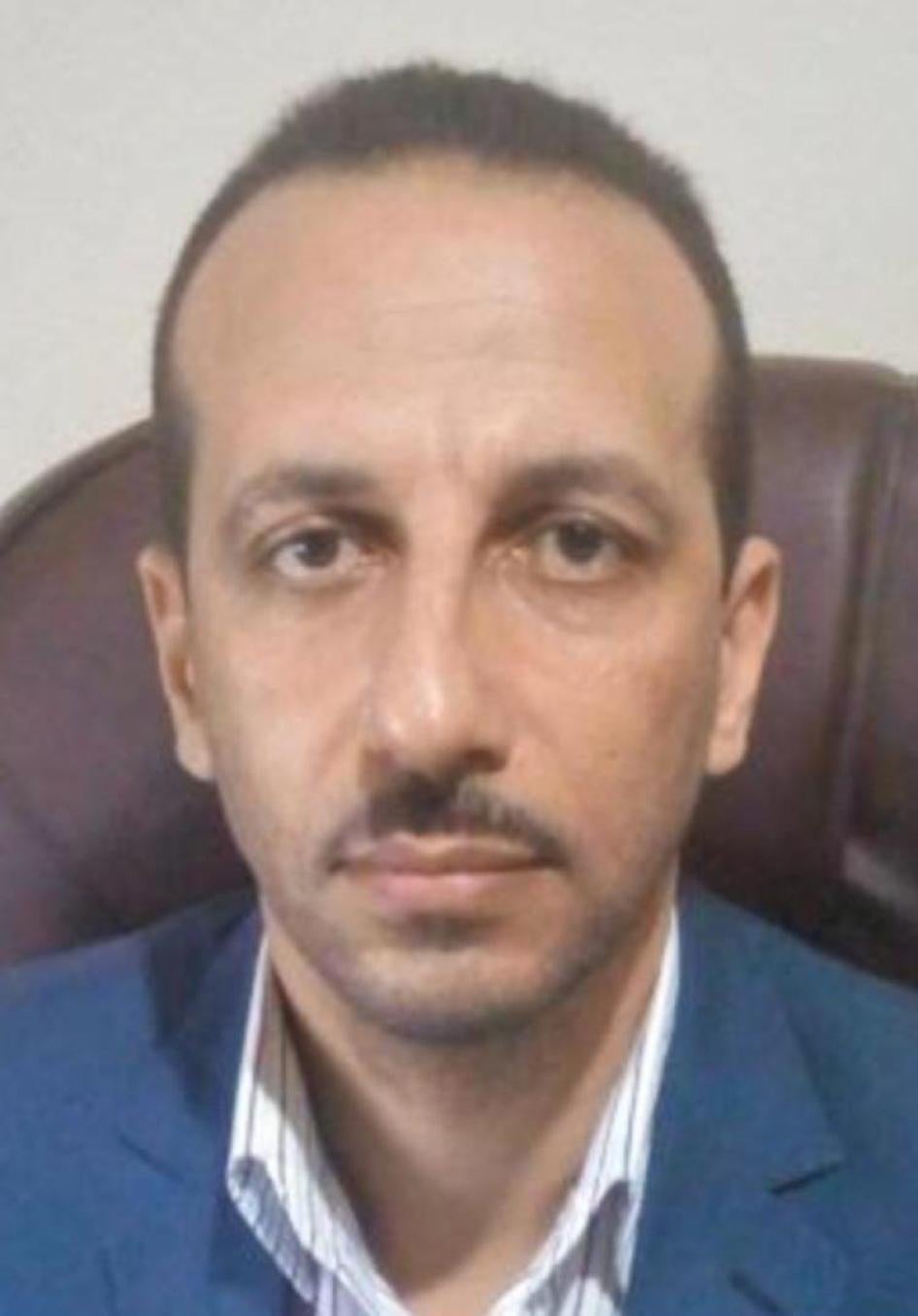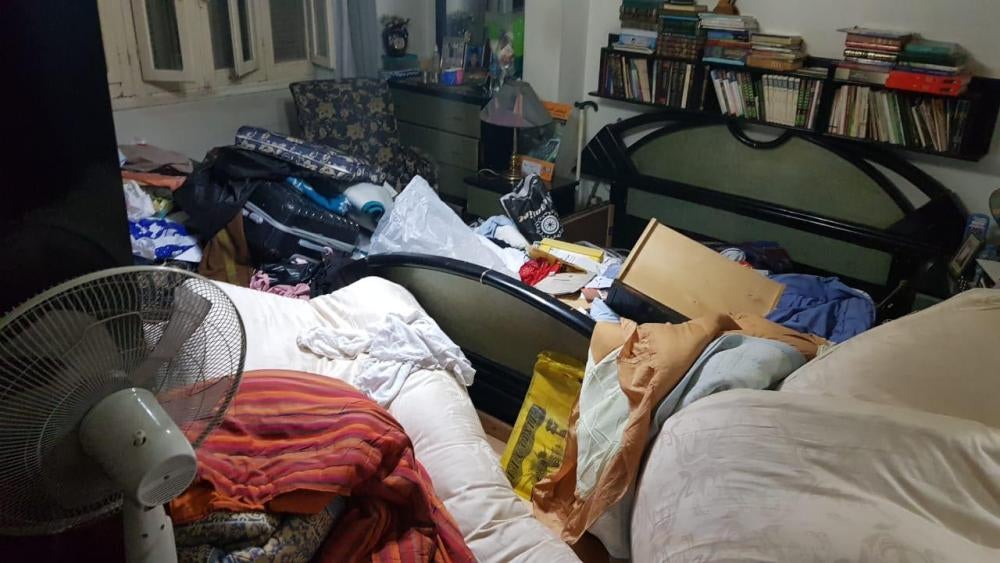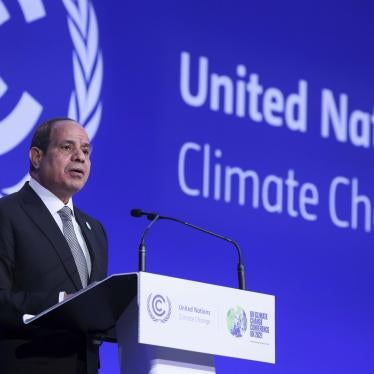(Beirut) – Egyptian police and National Security Agency (NSA) forces have conducted a mass arrest campaign, rounding up at least 40 human rights workers, lawyers, and political activists since late October 2018, Human Rights Watch said today. Many of those arrested were people who provided humanitarian and legal support to families of political detainees.
Human Rights Watch spoke with a lawyer, a human rights activist, and two political activists, who are in direct touch with the families of the people detained. The sources said that none of the security forces showed arrest warrants, and that when families or lawyers tried to find out where the arrested were being held, the authorities would not tell them. Some of these cases may amount to enforced disappearances. Eight women are among those arrested, and while three of those women were later released, all the other people arrested remain detained in unknown locations.
“The Egyptian security agencies’ repression now extends to disappearing those brave men and women who have been trying to protect the disappeared and to end this abusive practice,” said Michael Page, deputy Middle East and North Africa director at Human Rights Watch. “The government apparently wants to quash what remains of Egyptian civil society.”
One human rights lawyer said that the detainees had been arrested in home raids, with the exception of one woman arrested at the airport while trying to travel abroad. “They are arresting us all,” the lawyer said. One source said that as many as 80 people might have been arrested, but Human Rights Watch could verify only 40 names.
The sources said that some of those arrested were involved with the Egyptian Coordination for Rights and Freedoms, an independent human rights group that has been facing smear campaigns and pro-government media attacks for the past several months. Security forces have held its executive director, Ezzat Ghoniem, a lawyer, incommunicado since September 4, despite a court order to release him.
Those arrested include Hoda Abdel Moneim, a 60-year-old lawyer and a former member of the official National Council for Human Rights. Abdel Moneim was also a spokesperson for the Egypt’s Women Revolutionary Coalition, an Islamist group that opposed the forcible removal of former President Mohamed Morsy.
One of her family members told Human Rights Watch that security forces arrested Abdel Moneim at her home in Nasr City, in east Cairo, in the early morning of November 1. They blindfolded her, put her in a police car, and drove her to an undisclosed location. During the home raid, security forces, who identified themselves as part of Nasr City Police Investigation Department and the NSA, showed no arrest or search warrants but violently searched the house, destroying some of the family’s possessions, the family member said. Human Rights Watch reviewed pictures of Abdel Moneim's home, taken after the raid, showing a broken front door and scattered family belongings.
Both the family and Abdel Moneim’s lawyers say they have not been able to find out where she is. Human Rights Watch reviewed several official inquiries sent by her lawyer to the Interior Ministry and the Prosecutor General’s Office. They have received no response, a lawyer said. However, the family received information suggesting that she is detained in the one of the NSA’s headquarters in Cairo.
Those detained also include Mohamed Abu Hourayra, the former spokesperson for Egyptian Coordination for Rights and Freedoms; his wife, Aisha Khairat al-Shater, a pro-Muslim Brotherhood activist, who is also the daughter of the jailed deputy chairman of the Muslim Brotherhood, Khairat al-Shater; Bahaa Ouda, a political activist who is also the brother of a jailed minister in former President Morsy’s government; Tareq El Salakawi, a lawyer; and Soumayya Nassef, a human rights activist.
The sources said that the authorities released three women detainees without charge days after their arrest and detention in the NSA’s Sheikh Zayed headquarters, southwest of Cairo. Human Rights Watch and other organizations have documented that disappeared detainees are routinely held secretly in NSA headquarters and often tortured there.
Following the arrests, the Egyptian Coordination for Rights and Freedoms announced that it was suspending its work in Egypt until further notice. A November 1 statement said that the group could not continue to work because the authorities “attack anyone who defends the oppressed.”
These arrests have occurred even as President Abdel Fattah al-Sisi ordered a review of the abusive 2017 law restricting the activities of nongovernmental organizations. On November 6, al-Sisi described it as “flawed,” and the result of “[security] phobia.”
Any detention that results from the exercise of the rights or freedoms guaranteed in international law, such as freedom of expression and freedom of assembly, is an arbitrary detention that is prohibited under international law. Holding detainees in undisclosed locations and depriving them from access to lawyers and other measures that undermine basic fair trial rights can also make such detentions arbitrary.
Enforced disappearances under international law include situations in which a person is detained by state forces, and the state then refuses, when asked, to acknowledge the detention or the person’s status, or to reveal where they are being detained.
Egyptian law requires officials to present all detainees to a prosecutor within 24 hours of detention. International law requires the swift review of all detentions by a judge within 48 hours. Pretrial detention should only be used on an exceptional basis, when there is enough evidence of involvement in an international-recognized offense and when there is a strong necessity to keep suspects in detention.
The Egyptian authorities should immediately reveal all the detainees’ whereabouts, release all of those arrested solely for exercising their rights, and bring any others swiftly before a judge to review their detention, Human Rights Watch said.
“Al-Sisi’s promises on reforming the abusive NGO law ring hollow when he’s overseeing security agencies filling up Egyptian prisons with those seeking to preserve human rights,” Page said.











